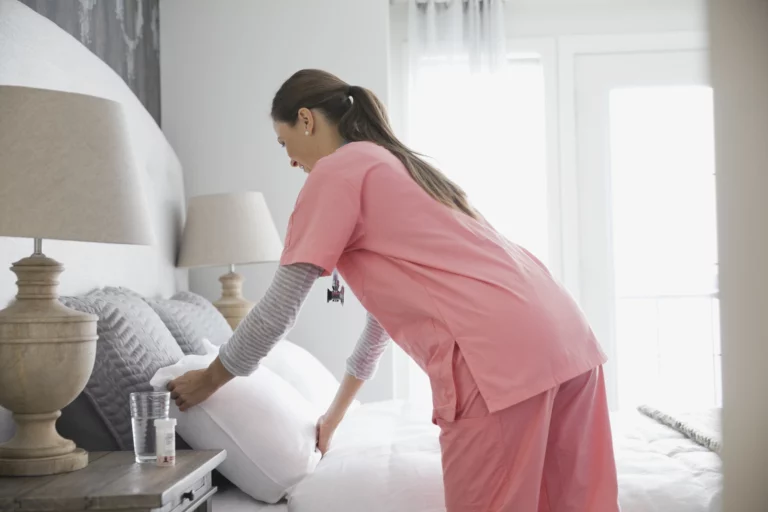There are times when a person desires to remain in their home for care and Medicaid in Oregon may cover the expense. Getting help in your home through Medicaid depends on if you qualify for Long-Term Care Supportive Services (LTC) for In Home Care. If you meet the income and resource test, a Medicaid worker will determine if you qualify for Support Services. There are four categories that determine the qualification for this Medicaid program, and it is done in a software system called Client Assessment Planning Services (CAPS). To qualify, you must meet certain need levels, with specific frequencies, in the Mobility, Eating, Elimination, and Cognition (called Activities of Daily Living, ADLs). If you do not meet a minimum threshold, you will not be eligible for In-Home Care. If you are eligible, you then go to the second tier or section of the CAPS and the Medicaid worker will ask several more questions.
For the purposes of the article, let’s say you require hands-on assistance (physical help from another person) in getting up and sitting down a few times per week. You should meet the threshold and qualify you for LTC.
Then we move to the second part of the assessment. The categories here account for all the other things you might need help doing and will generate the bulk of the potential hours. The worker will ask about Bathing, Dressing, Grooming, Hygiene, Housekeeping, Laundry, Meal Preparation, Medication Management, Shopping, and Transportation (called Instrumental Activities of Daily Living or IADLs).
The maximum hours a person can receive bi-weekly is 73 for ADLs and 35 for IADLs. The amount of help you need from another person will determine assistance levels in these. Other factors such as help from another agency, natural supports (if a relative does your shopping, for example), if you live with others, etc. will adjust the number of hours Medicaid pays for a caregiver.
Qualifying for Long Term Care Medicaid is confusing and often challenging. For more information, visit https://www.oregon.gov/dhs/SENIORS-DISABILITIES/SPPD/APDRules/411-030.pdf or, to speak with an attorney about your specific case, call NW Estate Law, LLC at (503) 543-1121.


